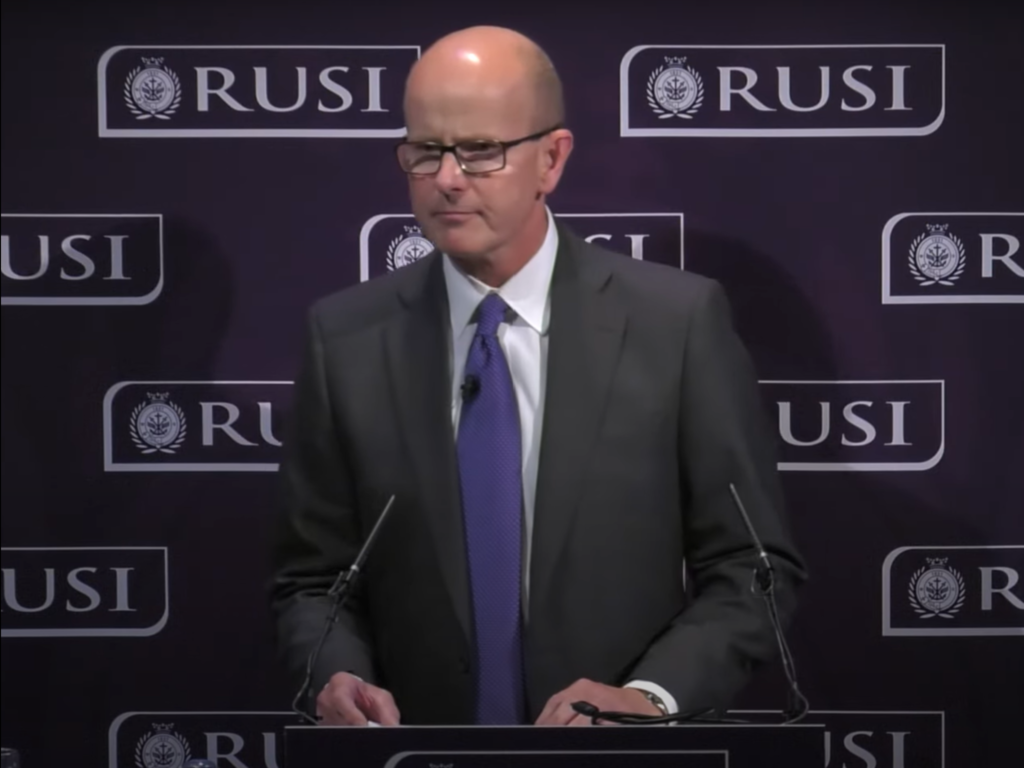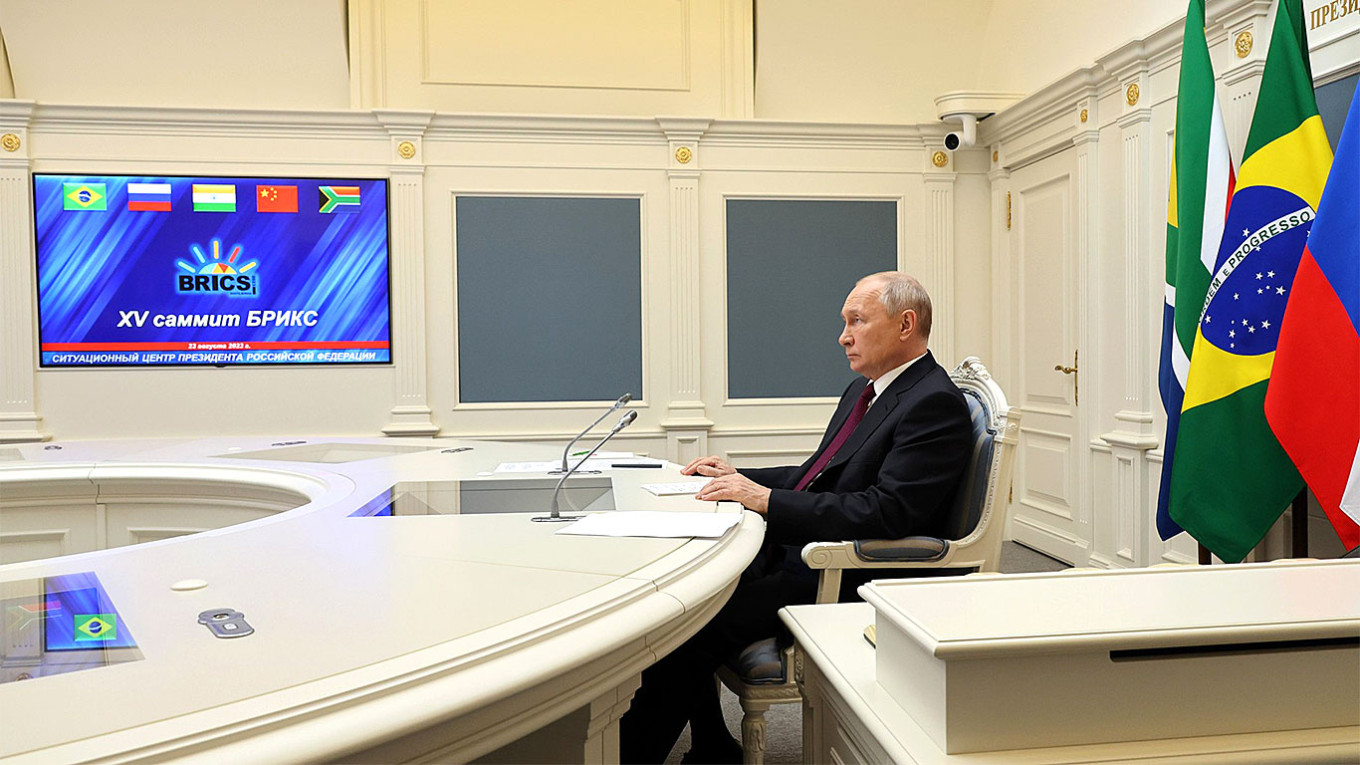Amid the current threat and aggression from Russia, intelligence agencies are ramping up their focus on Beijing. The UK’s Government Communications Headquarters (GCHQ) has branded China as a long-term national security threat,warning against the country’s strategy of using modern technologies, such as digital currencies and satellite systems, to control its own population and increase its global influence.
Sir Jeremy Fleming, director of GCHQ, gave a Royal United Services Institute (RUSI) security lecture last week in which he warned that China “intends to rewrite the rules of international security,” both close to home and abroad.

During the annual lecture, Fleming questioned whether or not we are happy with the fact that China has deliberately and patiently set out to gain strategic advantage by shaping the world’s technology ecosystems.
The Chinese leadership’s approach is to use technology as a tool to gain control of its population, meanwhile, seeing other countries “as either potential adversaries or potential client states, to be threatened, bribed or coerced.”
One of the ways it seeks control is through a centralised digital currency. Fleming warned that this would not only allow surveillance of its citizens, but “enable China to partially evade the sorts of international sanctions currently being applied to Putin’s regime in Russia.”
China’s desire for control can even be seen in domains such as space, with their development of a satellite navigation system, BeiDou, which provides navigation to aircraft, submarines, missiles, and commercial services.
Such a system could be deployed to block other countries’ activities in space, with Fleming stating: “Many also believe that China is building a powerful anti-satellite capability, with a doctrine of denying other nations access to space in the event of a conflict,” with fears that this technology can track individuals too.
Fleming proposed that these developments are a major risk to our security, as the Chinese state will export divergent values through this type of technology.
At a press conference taking place prior to the RUSI lecture, Chinese Foreign Ministry spokesperson Mao Ning fought back at pre-released extracts of the lecture, stating: “The remarks of the British official have no factual basis at all.”
Mao went on to add: “China’s technological development is aimed at making lives better for the Chinese people. It does not target anyone, still less pose any threat. Subscribing to the so-called “China threat” and stoking confrontation benefits no one and will eventually backfire.”
GCHQ is not the only intelligence agency to point a spotlight on China.
At the Aspen Security Forum in July 2022, MI6 Chief Richard Moore said that China was a top intelligence priority, with the secret intelligence service now devoting more effort to China than any other subject.
In the same month, MI5 Director General Ken McCallum, and FBI Director Chris Wray gave a joint address in which they warned of the growing threat posed by the Chinese Communist Party (CCP) to the UK and US’ interests. McCallum reported that MI5 was running seven times as many investigations into Chinese threats compared with 2018, as the CCP is involved in attempts to illegally procure “tech, AI, advanced research and product development” through theft, espionage, and cyberattacks.”
Given the UK’s intelligence agencies stance on China, media discussions in recent weeks expect that Prime Minister, Liz Truss, will officially name China a threat in an upcoming strategic defence review.
The UK-China relationship can be described as complex, as the UK tries to balance economic engagements while protecting its national security.
Tensions have mounted over recent years as a result of Hong Kong’s National Security Law, as well as human rights abuses and allegations of genocide in China’s Xinjiang province. In the tech space, the UK also considered the security implications and decided to remove all Huawei equipment from the UK’s 5G network by the end of 2027.
The UK public’s attitude towards China has also been declining since 2019, with an August 2022 YouGov surveyshowing that a quarter of Britons see China as an enemy of the UK.
On the other side of the Atlantic, US President, Joe Biden, released his National Security Strategy with a new crackdown on Chinese technology to maintain a “competitive edge over” over China.
The national security strategy document published on 12 October reported that the US will effectively compete with China, which is its “only competitor with both the intent to reshape the international order and, increasingly, the economic, diplomatic, military, and technological power to do it.”
Recently, the US dealt a blow to the Chinese tech industry by announcing new export restrictions, which limit the sales of semiconductors, as well as the sale of chip-making equipment to China. US companies and citizens are also forbidden from working with Chinese entities on advanced semiconductor design, research, or manufacture.
Matthew Pottinger, former US national security adviser, said that the US “need to actively hamper [China’s] ambitions for tech dominance.”
The current discussions make clear that governments and businesses must protect against the Chinese influence before its technological innovation defines our future and threatens national security.

















































































































































































